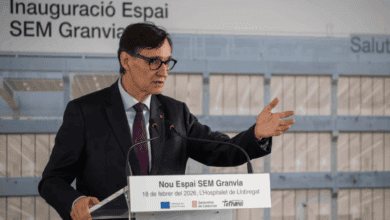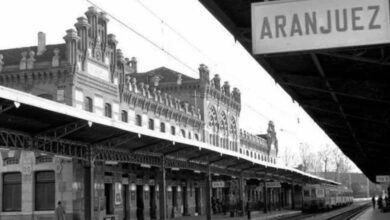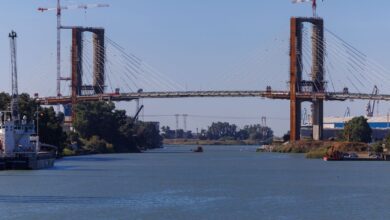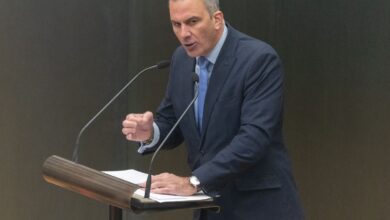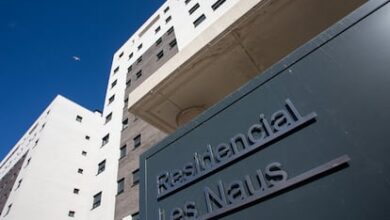
The authorities in Alicante are considering a new model for urban infrastructure development, focusing on partnerships with private capital. The current agenda includes the creation of a major sports cluster in the prestigious Playa de San Juan area. The initiative involves developing a large municipal land plot of almost 300,000 square meters, located between the PAU 4 and PAU 5 zones along Avenida de las Naciones. This area is intended to become a natural extension of the existing park zones La Marchal and Sergio Melgares.
The idea comes from a local company with experience managing sports facilities under concession agreements. The entrepreneurs have already prepared and submitted a feasibility study to the city council. Now the city administration, led by mayor Luis Barcala, must review the proposal and decide on its future. If approved, an open tender will be announced to select the company that will obtain the rights to develop and operate the municipal site. Preliminary plans include a large football pitch, multi-purpose sports courts, a track and field lane, and an extensive green area for recreation.
This type of partnership is not new for Alicante. A similar model is already being used for the ambitious ‘Ciudad del Baloncesto’ plan promoted by the Lucentum Foundation. That project is valued at 11 million euros and includes the construction of an indoor arena, several basketball courts, and a residence to accommodate up to 180 athletes. Moreover, the city already successfully operates the Stadio and Arena sports centers, both created using a similar concessionary approach. The latter, incidentally, recently came under the management of an international investment fund after being sold by the Palacio family.
Notably, the municipality itself had also considered several ideas for developing this area. Previously, two separate projects were commissioned that provided for phased development of the site. The first stage focused on building the sports facilities, while the second called for landscaping and creating a single space with the Sergio Melgares Park. The second phase was set to include a skate park, a pump track, an additional football pitch, two semi-covered multi-purpose courts with changing rooms, parking, and a dedicated BMX track suitable for hosting international competitions.
The financial aspect of this plan is attractive for the city budget. The investor fully covers all construction costs in exchange for long-term land use and management rights over the facilities. This will allow the municipality to acquire modern infrastructure without direct budget expenditures and bypass lengthy government tender procedures that often delay implementation for years.
This plan should be distinguished from other private sports initiatives in the region. For example, the football club Hércules is pursuing the idea of its own training base on agricultural land, which requires a complex procedure to obtain a Declaration of Public Interest. There is also the Alicante Park project from the club Intercity, which proposes the construction of a multi-purpose complex with a stadium for 20,000 spectators. However, its administrative progress has yet to show visible development.





